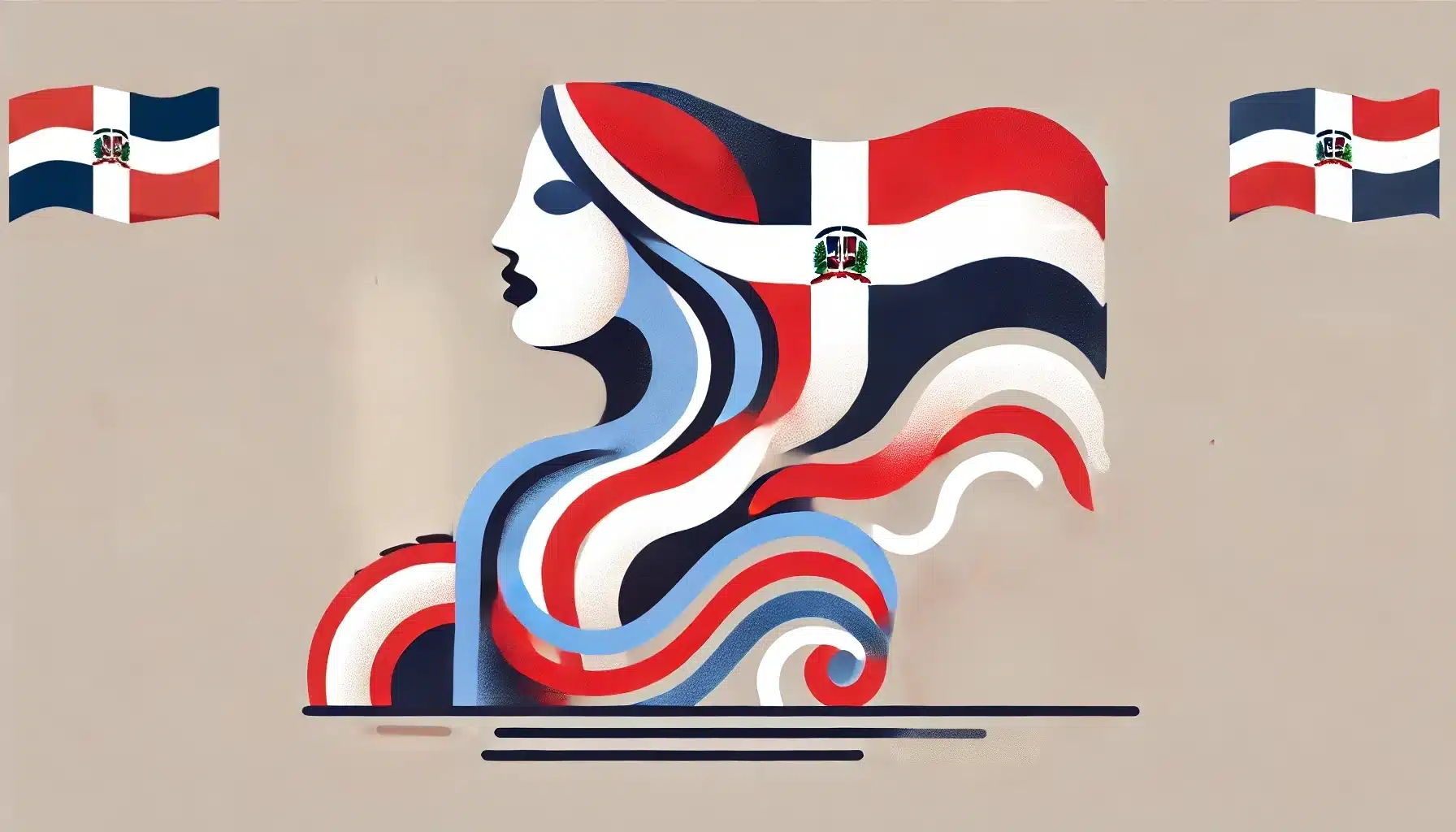What is Día de Duarte?
Día de Duarte, celebrated annually on January 26 in the Dominican Republic, honors the birth and legacy of Juan Pablo Duarte, one of the nation’s founding fathers. Duarte’s leadership and vision played a pivotal role in the Dominican Republic’s fight for independence from Haitian rule, earning him the title of Father of the Nation.
This national holiday is a time for Dominicans to reflect on their history, celebrate their sovereignty, and pay tribute to the ideals of freedom and justice that Duarte championed.
History and Origin
Juan Pablo Duarte was born on January 26, 1813, in Santo Domingo. A writer, activist, and military leader, Duarte was instrumental in mobilizing the Dominican people toward independence. In 1838, he founded the secret society La Trinitaria, which worked to end Haitian rule and establish an independent Dominican state.
Duarte’s vision for a free and democratic nation inspired others to join the movement, culminating in the declaration of independence on February 27, 1844. Although political challenges forced Duarte into exile for much of his life, his contributions to the nation’s independence remain central to Dominican identity. Día de Duarte commemorates his birth and the enduring legacy of his ideals.
Who Celebrates Día de Duarte?
- Dominican Citizens: Participate in events that honor Duarte’s contributions to the nation.
- Government Officials: Lead official ceremonies, including speeches and wreath-laying events.
- Schools and Universities: Host educational programs to teach students about Duarte’s role in the country’s history.
- Community Groups: Organize parades, cultural performances, and public discussions.
- Dominican Diaspora: Celebrate the holiday abroad with events that preserve Dominican heritage.
Themes and Slogans
Día de Duarte embodies themes of freedom, patriotism, and unity. It celebrates the Dominican Republic’s hard-won independence and the values that Duarte upheld throughout his life. The holiday also encourages reflection on the responsibilities of citizenship and the importance of preserving national sovereignty.
Slogans such as “Padre de la Patria” (Father of the Nation), “Libertad y Soberanía” (Freedom and Sovereignty), and “Recordando Nuestra Historia” (Remembering Our History) capture the essence of the day and its call for national pride and remembrance.
Colors, Symbols, and Patterns
Colors:
- Blue, Red, and White: Represent the Dominican flag, symbolizing liberty, sacrifice, and peace.
- Gold: Reflects the enduring value of Duarte’s leadership and vision.
- Green: Represents hope for the nation’s prosperity.
Symbols:
- The Dominican Flag: A powerful emblem of independence and unity, prominently displayed during celebrations.
- La Trinitaria: The secret society founded by Duarte, representing the struggle for sovereignty.
- Duarte’s Portrait: A symbol of his role as the Father of the Nation, often featured in public displays.
Patterns:
- Historical Imagery: Depictions of Duarte’s life and the events leading to independence.
- Traditional Dominican Motifs: Reflecting cultural heritage and pride.
- Revolutionary Themes: Highlighting the ideals of freedom and justice.
How to Celebrate Día de Duarte
- Attend Official Ceremonies: Participate in or watch government-led events, including wreath-laying ceremonies at Duarte’s monuments.
- Learn About History: Engage in lectures, exhibitions, or documentaries about Duarte’s life and the Dominican Republic’s fight for independence.
- Join Cultural Events: Enjoy parades, concerts, and traditional performances celebrating Dominican heritage.
- Display the Flag: Raise the Dominican flag at homes and public spaces as a symbol of pride and unity.
- Reflect on National Values: Use the day to discuss the importance of patriotism, justice, and unity in preserving the nation’s sovereignty.
Most Used Hashtags
- #DiaDeDuarte
- #JuanPabloDuarte
- #PadreDeLaPatria
- #DominicanIndependence
- #OrgulloDominicano
Why is Día de Duarte Important?
Día de Duarte is a cornerstone of Dominican national identity. It honors the sacrifices and achievements of Juan Pablo Duarte, whose vision and leadership secured the nation’s independence. The holiday inspires pride in the Dominican Republic’s history and encourages citizens to uphold the values of freedom, democracy, and justice.
Through cultural events, educational programs, and public commemorations, Día de Duarte unites Dominicans in celebrating their heritage and the ideals that define their nation. It is a day of remembrance, reflection, and renewal of commitment to the principles Duarte fought for.
Features
Contact Info
January 26: Día de Duarte (Dominican Republic)
Why do you keep falling for the same type?
Read the article Lovemaps: the hidden blueprint of our love.

